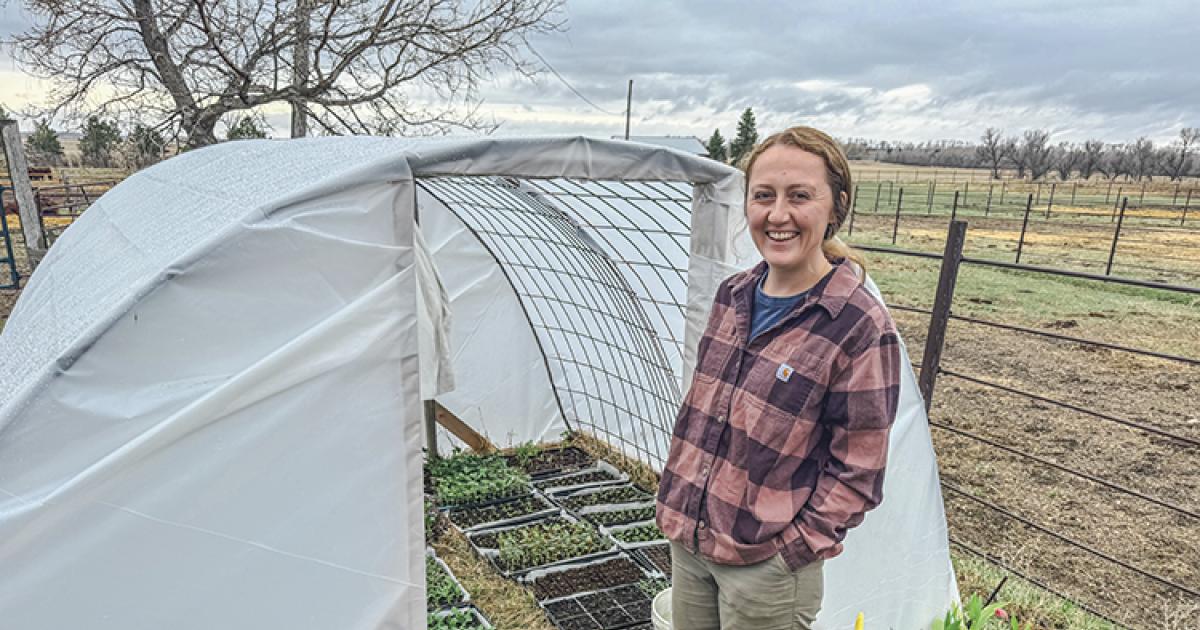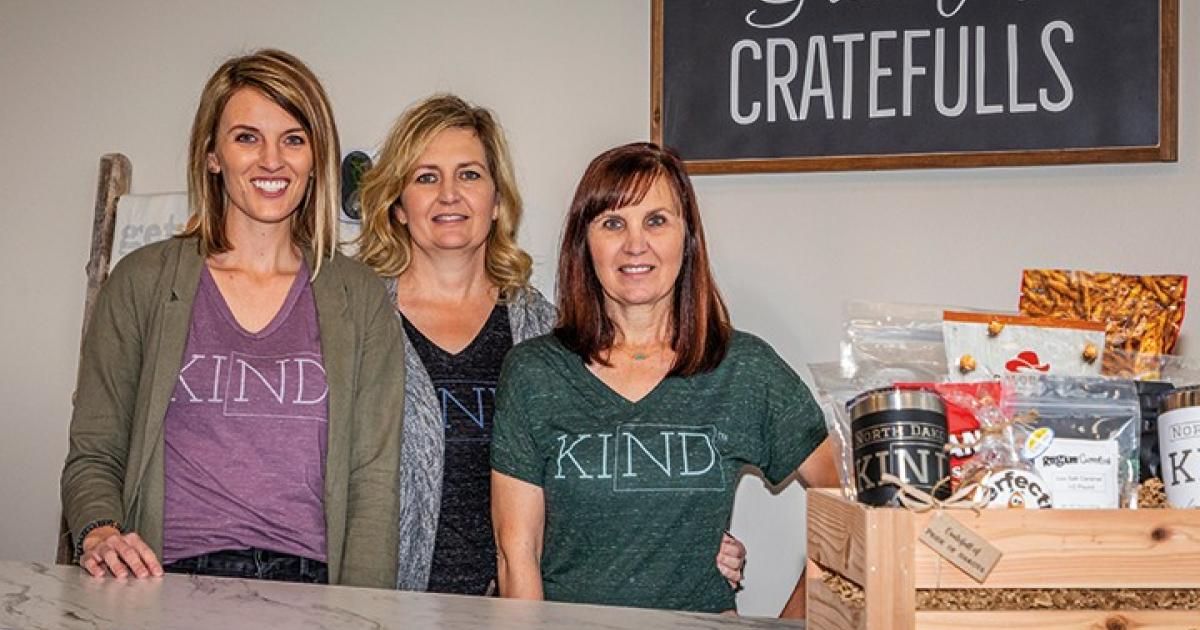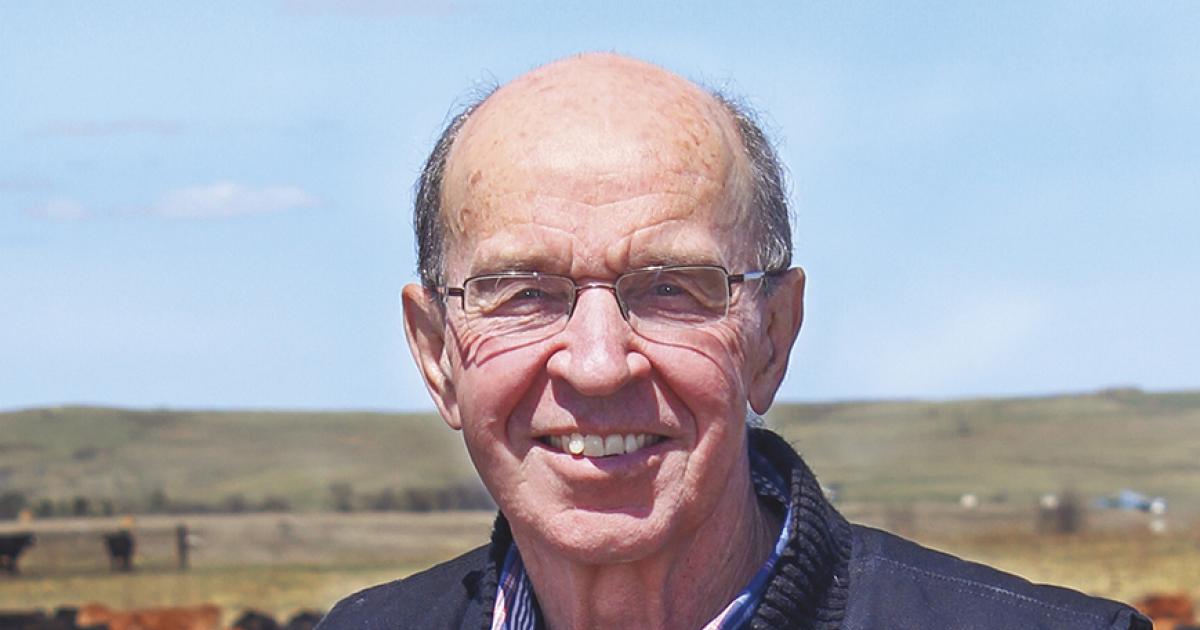Important introductions
One of my first introductions to cooperatives – and the cooperative values of self-help, self-responsibility, democracy, equality, equity and solidarity – occurred as a youth attending Farmers Union Camp. Ironically, another important introduction for me also occurred at Farmers Union Camp – to a girl from a neighboring town, who years later became my wife.
Last month, we saw the next generation of Kramer campers off, as three of our children attended camp. As Farmers Union Camp alums, my wife and I are always curious about our kids’ camp experiences. While it is hard to pry the details from our older children, our 9-year-old will spill his guts to just about anyone willing to listen.
“I found an older woman” was the first thing he shared. “Oh, really?” I replied. “Yup, she is 11, I’m 9, but that’s OK. Age doesn’t matter.”
He went on to say, “After asking her to dance a third time, she finally said yes. And she sat across from me at the banquet, too, you know. I used my best pick-up line and it worked.”
It appeared our son was quickly learning the values of patience and persistence, too.
“What was that?” I asked. He replied, “I am like Wi-Fi and you are like Bluetooth. I think we have a connection. Want to dance?” … “You and Mom met at camp, right?” he asked. Correct, son. I couldn’t help but let out a laugh.
“Aside from possibly meeting your future wife, what else did you learn?” I asked my Farmers Union camper. He recited bits and pieces of the cooperative principles, explained how a co-op store was set up at camp, and shared that the members voted to donate the money made at the store that week.
Not bad for a first-year camper, I thought.
This conversation with my 9-year-old son reaffirmed for me, once again, the importance of investing in cooperative education. The simplest things, like providing youth an opportunity for fun with some cooperative basics mixed in, can have a lasting impact on our cooperatives and communities – and cultivate leaders for tomorrow.
The seeds of education combined with an attitude of cooperation are ingredients that lead to opportunities for the future. As I read the stories featured in this issue, a common theme emerged. Cooperation. When we cooperate for the right reasons, we do so not solely for our own self-interests, but collectively to create opportunities for others.
By remaining grounded in the values of self-help, self-responsibility, democracy, equality, equity and solidarity, good and remarkable things are possible. It’s brought electric and broadband service to rural and remote places. It’s improved access to financial services and capital, agricultural supply products and marketing services. And it’s even brought communities together to provide opportunities to kids who want to play basketball or tennis, act or debate, wrestle or dance.
Josh Kramer, editor-in-chief of North Dakota Living, is executive vice president and general manager of NDAREC. Contact him at jkramer@ndarec.com.










